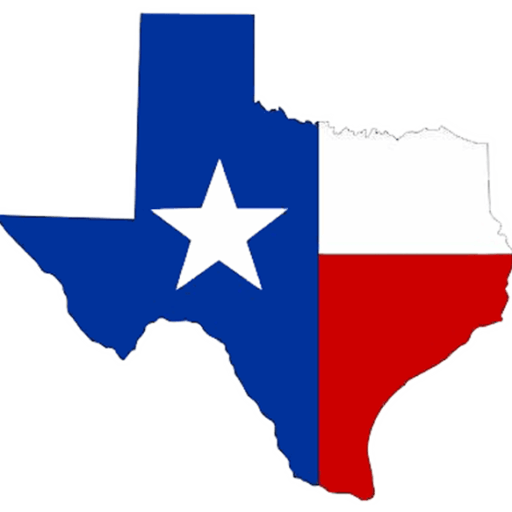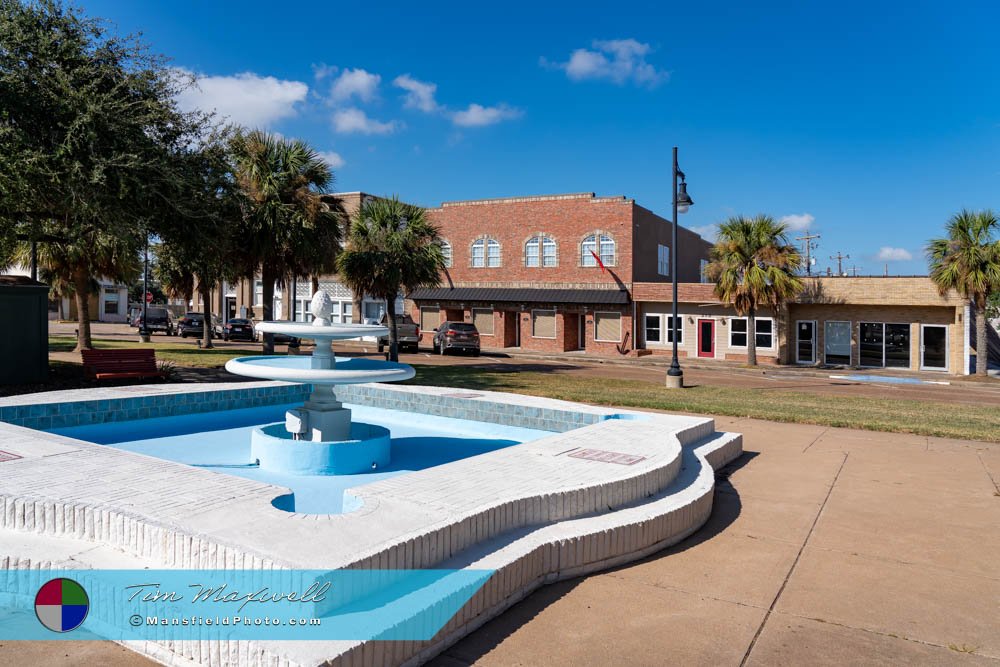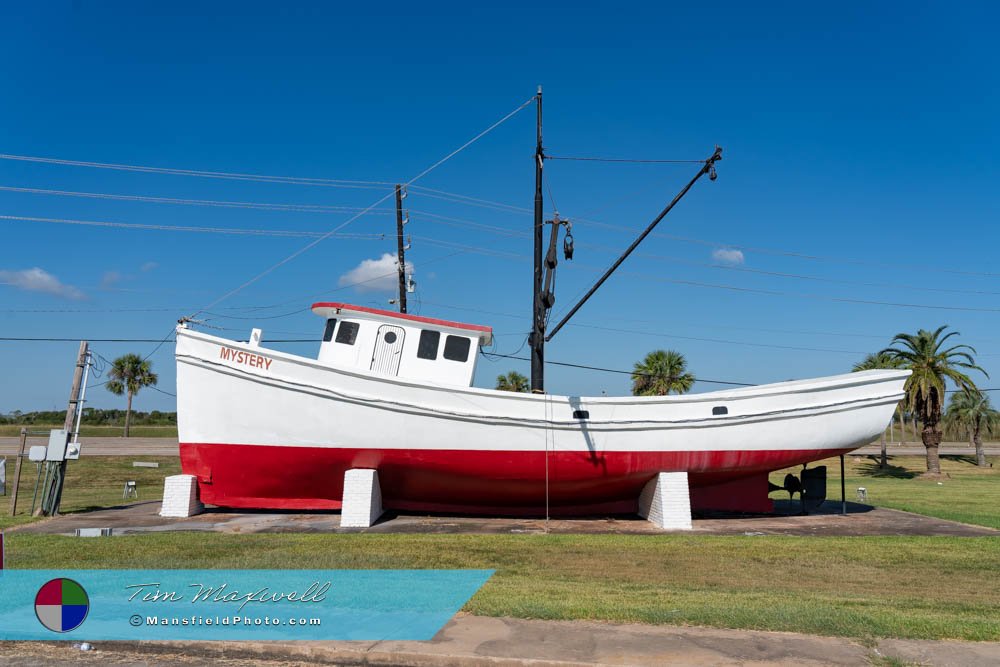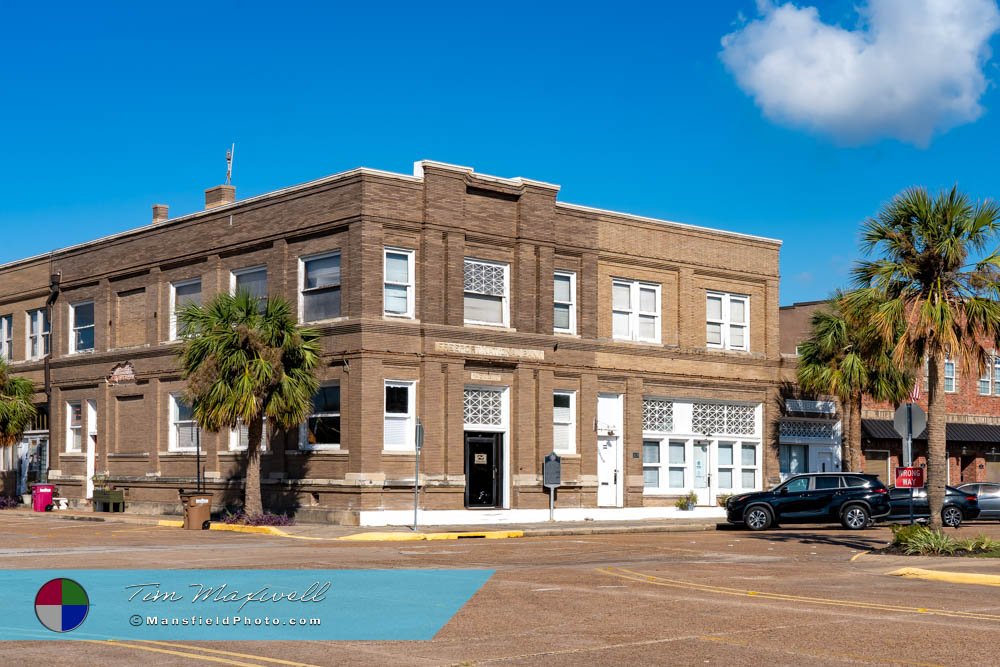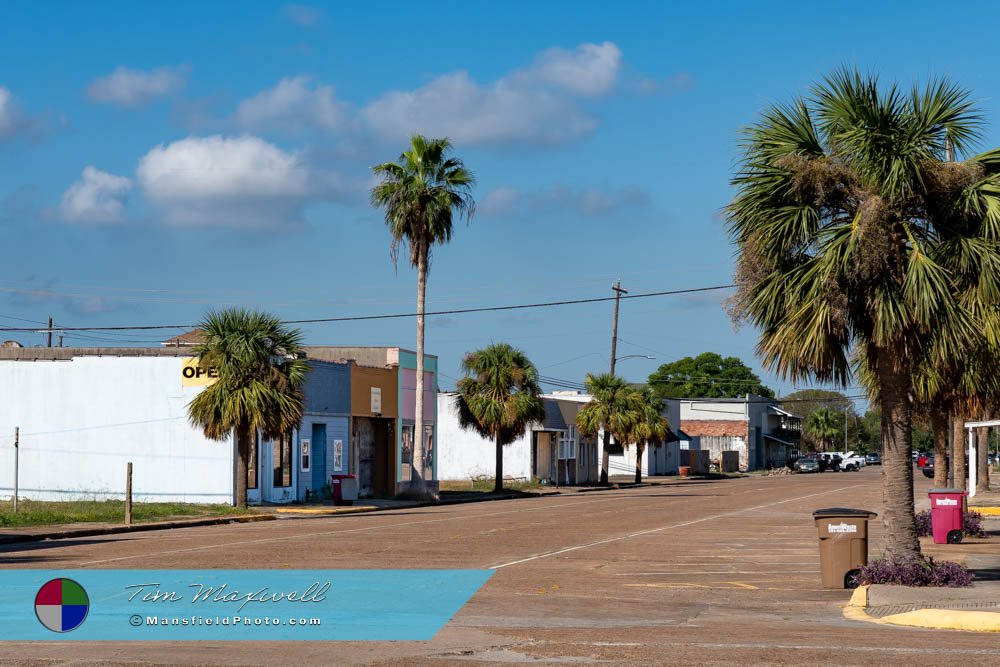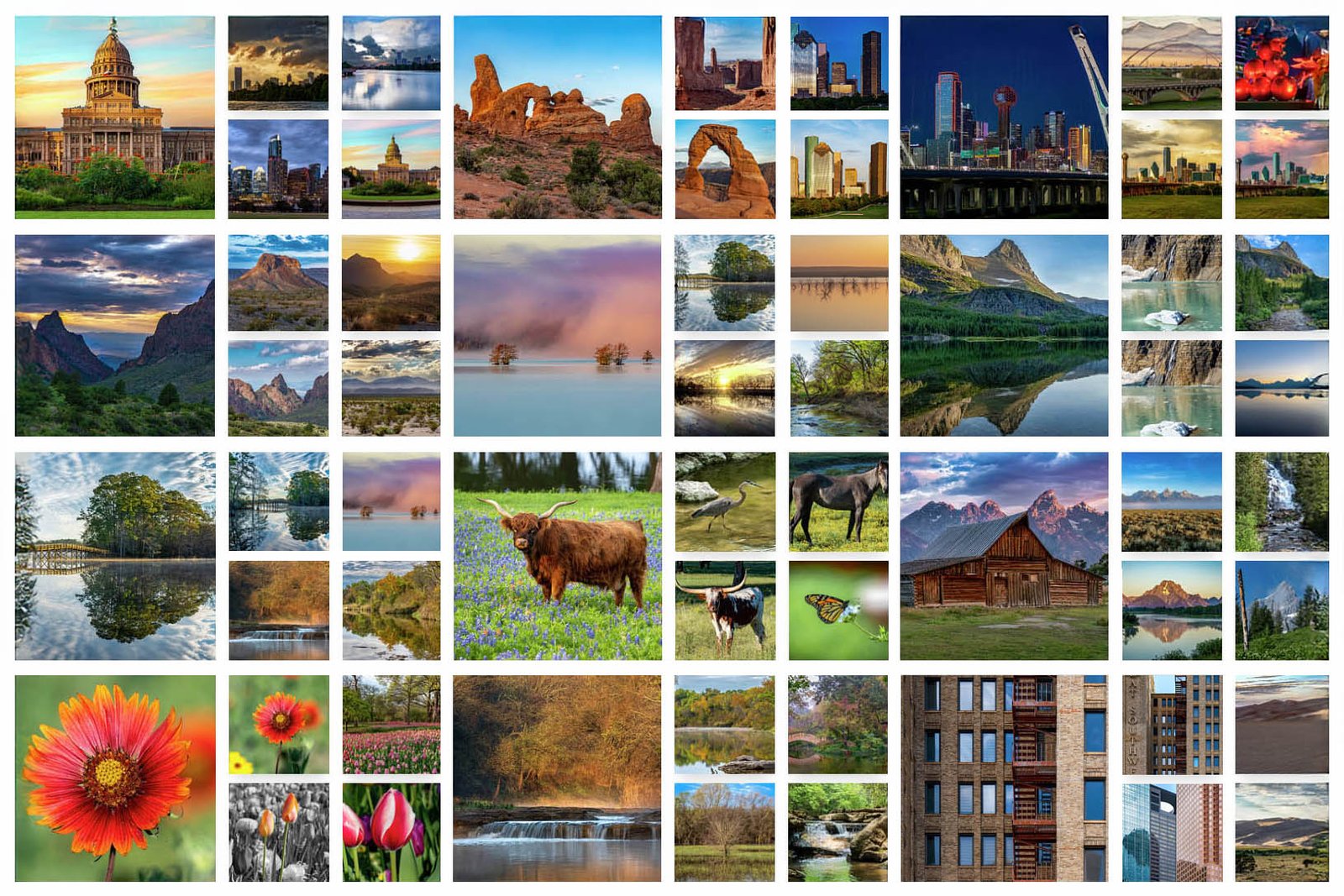Mansfield Photography
Freeport, Texas
– From Port Town to Coastal Playground.
While it may not be as famous as some of Texas’s larger coastal cities, Freeport has a history and charm all its own, inviting visitors and residents alike to enjoy its coastline, industry, and unique character. Founded in the early 20th century as a port town, the town has evolved into a small, bustling city with a blend of industry and recreation that make it both an important economic hub and a relaxing coastal escape.
A Look Back: The Founding of Freeport
The town was officially founded in 1912 by the Freeport Sulphur Company, which established the town as a base for its sulfur-mining operations in the Gulf of Mexico. The company’s presence attracted workers, businesses, and settlers, quickly transforming Freeport into a small yet important town for Texas’s growing economy. Its name, “Freeport,” likely reflects the city’s origins as a “free port” for trade and commerce along the Brazos River, which runs through the town and provided a reliable route for shipping goods.
A City Shaped by Industry and Resilience
Since its founding, its economy has revolved largely around industry, especially the oil, gas, and chemical sectors that operate in and around the Gulf. In the 1930s, the construction of the Dow Chemical plant in nearby Lake Jackson provided a major economic boost to the area, drawing even more workers and fueling the growth of the town.
The town has weathered challenges as well, including hurricanes and economic downturns, which have tested its resilience. Today, it remains a major industrial hub, with the Port of Freeport playing a key role in shipping and trade, particularly as an export point for industries like petrochemicals and agriculture. As one of the fastest-growing ports on the Gulf Coast, the Port has secured the town’s economic future as an essential part of Texas’s trade network.
Coastal Attractions and Outdoor Adventures
For a town with such industrial roots, it has an unexpected recreational side that is well worth exploring.
Bryan Beach, located on the Gulf, is a favorite spot for locals and visitors alike, offering a quiet stretch of sand perfect for beachcombing, fishing, birdwatching, and enjoying the Gulf’s natural beauty. As one of the few uncommercialized beaches on the Texas coast, Bryan Beach provides a relaxed, no-frills getaway for those looking to escape the bustle of more crowded shorelines.
For outdoor enthusiasts, the Brazoria National Wildlife Refuge, just a short drive from town, offers hiking trails, wildlife observation areas, and opportunities to see native Gulf Coast species in their natural habitat. It’s an ideal spot for photographers and birdwatchers to capture the region’s natural beauty.
Freeport Today: Industry Meets Community Spirit
Modern-day Freeport is a dynamic blend of industry and small-town life. With an economy anchored by the port and nearby industrial plants, Freeport continues to be a key player in Texas’s coastal economy. Despite its industrial reputation, the town has a welcoming community spirit, with events and gatherings throughout the year, including the Freeport Riverfest, which celebrates the town’s connection to the Brazos River with family-friendly activities and entertainment.
Freeport’s story reflects the strength and versatility of the Texas Gulf Coast—a place where industry, nature, and community coexist. From its historic roots to its economic importance, Freeport stands as a unique coastal town, balancing growth with Gulf Coast charm.
📸 Interested in More Photos of This Town?
